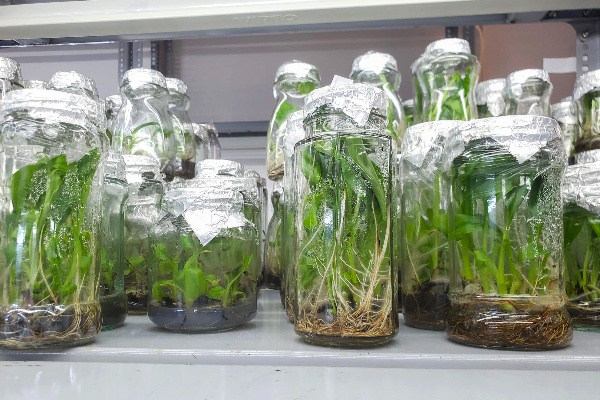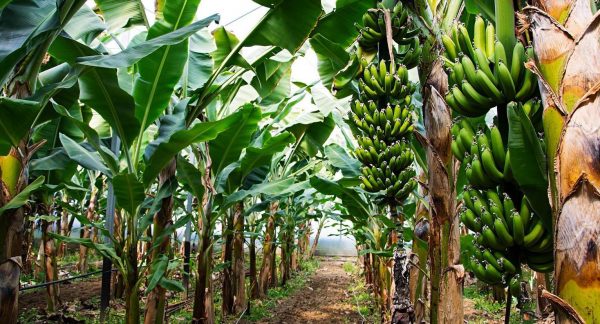
Ugandan smallholder farmers are set to benefit from more reliable access to quality seed potatoes following the licensing of Farm Inputs Care Centre Ltd. (FICA Seeds) as the country’s first private company authorized to commercially produce tissue culture plantlets and early generation seed potatoes.
The breakthrough is the result of the Building Resilience and Inclusive Growth of Highland farming systems for rural Transformation (BRIGHT) project, which is coordinated by the International Fertilizer Development Center (IFDC).
The move is a major milestone for Uganda’s agricultural sector, where potato production has long been constrained by seed shortages and a heavy reliance on public institutions such as the National Agricultural Research Organization (NARO) and its Kachwekano Zonal Agricultural Research and Development Institute (KaZARDI).
Despite their efforts, these bodies have struggled to meet rising national demand for early-generation seed.
Through a BRIGHT-facilitated public-private partnership between KaZARDI and FICA Seeds, the private firm is now aligned with national seed certification standards under the Ministry of Agriculture, Animal Industry and Fisheries (MAAIF).
This positions the company to help fill critical supply gaps and strengthen Uganda’s potato value chain.
Following an evaluation of its laboratory infrastructure and technical capacity, NARO granted FICA Seeds approval to handle early-generation seed for several locally bred potato varieties, including Victoria, KACHPOT 1, Rwangume, Kinigi, NAROPOT 1, NAROPOT 9, and NAROPOT 10.
Starting in September 2025, FICA Seeds is expected to supply around 60,000 tissue culture plantlets each year to seed businesses and screenhouse operators.
These inputs will generate an estimated 15 metric tons of pre-basic seed, which can be multiplied into 90 tons of basic seed and eventually 540 metric tons of quality certified seed potatoes for smallholder farmers.
Beyond supplying seeds, FICA Seeds will provide technical support to screenhouse operators, a step that IFDC says will strengthen local capacity and ensure consistency in seed quality.
“FICA Seeds and KaZARDI signal what is possible when research, regulation, and private enterprise align to serve the farmer at the center,” IFDC noted.
The development comes under the broader BRIGHT project, funded by the Netherlands Ministry of Foreign Affairs through the Dutch embassy.
Implemented by IFDC in collaboration with Agriterra, MAAIF, NARO, district governments, and private sector players, BRIGHT is designed to transform highland farming households in the Kigezi, Mount Elgon, and Rwenzori regions from subsistence farming to more market-oriented systems.
Agricultural experts say the licensing of FICA Seeds represents a turning point for the sector. With dependable access to quality seed, farmers will be able to improve yields, increase incomes, and contribute to national food security goals.
For many smallholders in Uganda’s highland regions, where potatoes are a dietary staple and a vital cash crop, this shift could be transformative.
By bridging the gap between research institutions, government regulation, and private enterprise, IFDC’s BRIGHT project demonstrates how inclusive partnerships can address longstanding bottlenecks in seed systems.
As the first harvests under this new arrangement approach, Uganda’s potato farmers may soon experience the benefits of a stronger, more resilient agricultural future.







